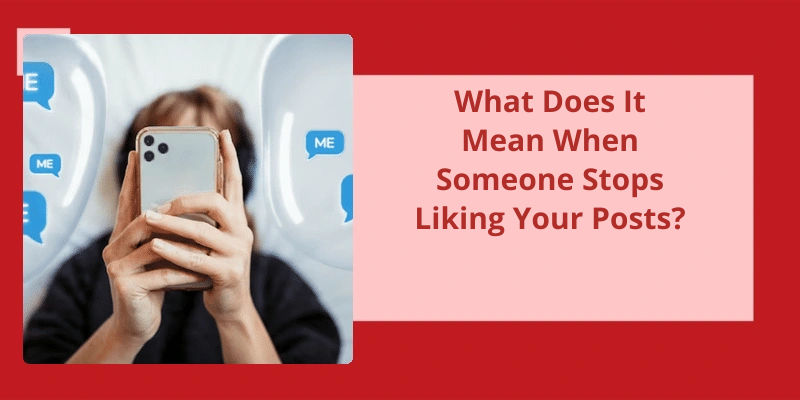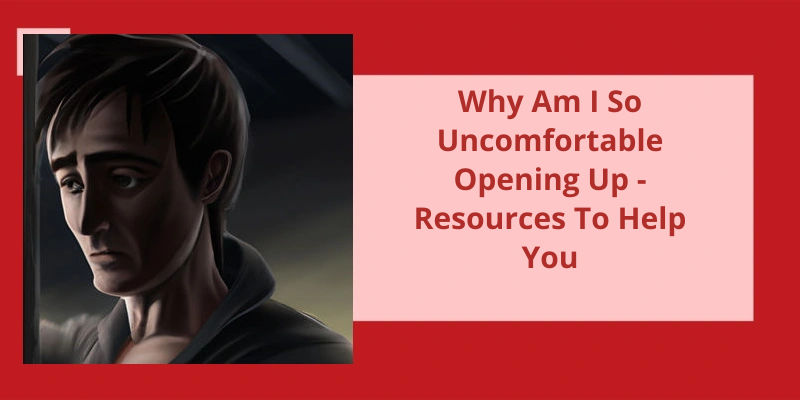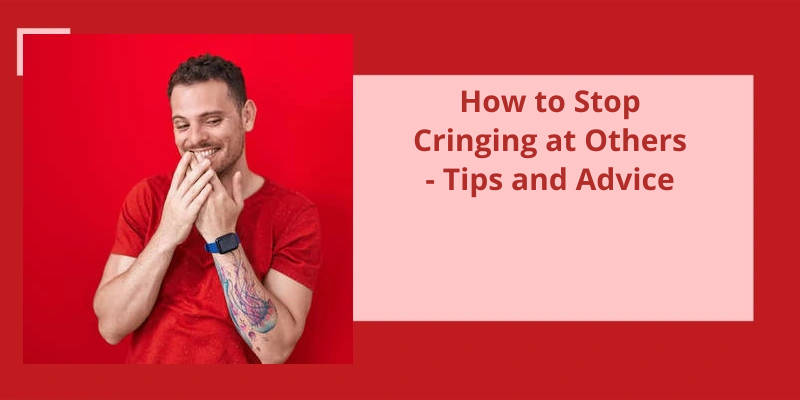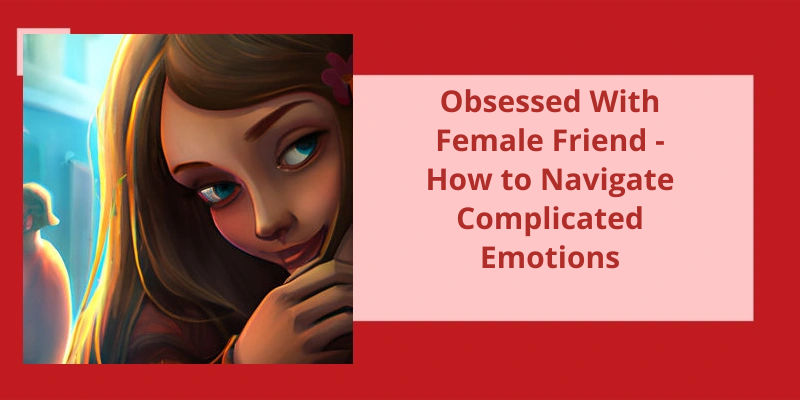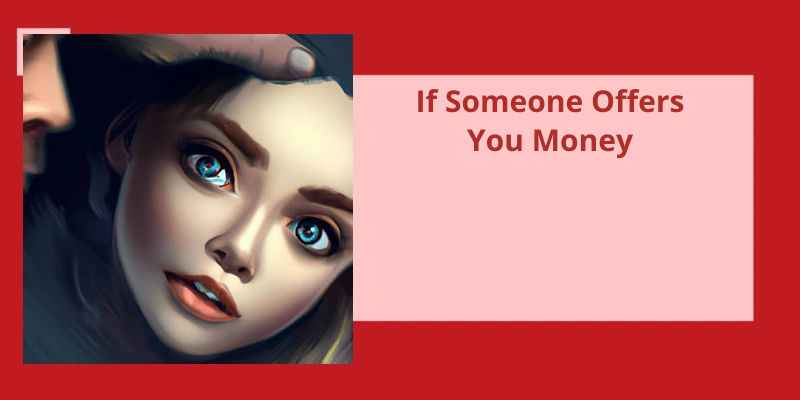The rise of social media has allowed us to connect with countless people from all over the world. We can share our thoughts, photos, and experiences with others, and receive instant feedback in the form of likes, comments, and shares. However, what happens when someone suddenly stops liking our posts? Does it mean they’re no longer interested in what we’ve to say, or is there something more nefarious at play? While it may be tempting to jump to conclusions and cut ties with the person in question, it’s often better to reach out and try to get to the root of the issue. By doing so, we can potentially salvage the relationship and keep the lines of communication open.
Why Are People Not Liking My Posts on Instagram?
Instagram is one of the most popular social media platforms used by millions of people worldwide. It allows you to share your photos and videos with your followers, and you can even follow other people to see their posts. However, it’s not always easy to get the attention of your followers, especially when you’re competing with so many other users. If you’re wondering why people aren’t liking your posts on Instagram, there could be several reasons.
Another reason why your Instagram posts may not be getting as many likes as you’d like is that other users have posted just after you, stealing your thunder. It’s a bit like being at a crowded party and trying to get peoples attention when everyone is chatting away. If someone has just seen a funny meme or an adorable puppy video, they may be less likely to pay attention to your content, no matter how great it is.
While you may think that your latest selfie or food photo is amazing, others may not agree. It’s important to remember that not everyone likes the same things, and thats okay. If you want to increase your chances of getting more likes, you may need to adjust your content to better suit your audience.
While this may sound harsh, it’s important to remember that not everyone will like everything you do. Your followers may have different tastes or preferences, or they may be tired of seeing the same types of posts from you. If you want to increase your likes, you may need to try something new or different to attract more attention.
It’s important to remember that Instagram is a crowded space, and it’s easy for your content to get lost in the crowd. You may need to adjust your content to better suit your audience, or try something new to attract more attention. Ultimately, you should focus on creating content that you enjoy and that speaks to your followers. If you do that, the likes will come naturally.
The Role of Engagement and Interaction in Increasing Likes and Followers on Instagram
- Use relevant hashtags in your posts to increase discoverability.
- Engage with your audience by responding to comments and direct messages.
- Post consistently to keep your followers engaged and interested in your content.
- Showcase your brand’s unique personality and style through your posts.
- Collaborate with other accounts in your niche to increase your reach.
- Use Instagram’s features, such as Instagram stories and live video, to connect with your audience in real time.
- Host giveaways and contests to incentivize engagement and promote your brand.
- Utilize Instagram analytics to track your engagement and adjust your strategy accordingly.
- Encourage user-generated content by reposting and tagging your followers’ posts.
It’s a common phenomenon these days to question why some Facebook friends never like your posts. However, before jumping to any conclusions, it’s important to understand the reasons behind it. The answers may lie in either the unappealing content you’re posting or simply the lack of interest of your friend in that particular type of content. Let’s delve deeper into these two possibilities and explore ways to tackle the issue.
Why Do People Stop Liking My Posts?
If you find that people aren’t liking your posts on social media, it isn’t necessarily a reflection on you as a person. It’s more likely that the content you’re posting just doesn’t resonate with your audience. This can be due to a variety of factors such as timing, platform, and content relevancy. For example, an informative post about a scientific discovery on Facebook may not receive many likes, but it could go viral on Twitter.
When it comes to social media engagement, there are a multitude of factors that impact your ability to reach a wider audience and receive likes. One of the most important aspects of successful social media is consistency—both in posting and in content. If you only post once a week, people are less likely to see your content in their feeds. Additionally, if your content is inconsistent in terms of quality or format, your audience may lose interest and stop engaging.
It’s also important to consider the algorithm of the social media platform you’re using. For example, on Facebook, posts with more reactions, comments, and shares tend to appear higher in peoples feeds. This means that if your posts aren’t receiving engagement from your followers, they’re less likely to be seen by anyone else on the platform. Paying attention to these details and adapting your content to meet the algorithm can help increase your engagement and reach.
The Role of Visuals in Attracting Likes on Social Media
Visuals play a crucial role in attracting likes on social media as they’re the first thing that catches the viewer’s attention. It’s important to use high-quality images and eye-catching designs to make the content more appealing and shareable. The use of colors, fonts, and layout also affects how well the visual will perform on social media. These elements can make the content stand out, increase engagement and ultimately lead to more likes.
It’s important to be aware of who can interact with your social media content, and whether you’ve control over who can like or comment on your posts. If you’re wondering whether you can stop someone from liking your posts, the answer depends on the privacy settings of your account. For public accounts, anyone can like or comment, but for private accounts, only approved followers have that option. However, there are some steps you can take to limit unwanted interactions on both types of accounts.
Can I Stop Someone From Liking My Posts?
It’s a common concern among social media users: Can I stop someone from liking my posts? The answer is yes and no, depending on your account settings. If your account is public, anyone can like or comment on your photos and videos. That means anyone in the world can engage with your content, including people you don’t know or don’t want to interact with.
But there’s a way you can prevent certain individuals from liking or commenting on your posts: you can block them. Blocking someone means they cant see your content or engage with you on your profile. It’s a useful tool for dealing with unwanted attention or harassment. Keep in mind that blocking someone may not always be the best solution, and you should always consider your safety and well-being before taking any action.
If your account is private, the situation is a bit different. Only the people youve approved as followers will be able to like or comment on your photos and videos. That means you’ve more control over who engages with your content. If someone is following you and you don’t want them to, you can remove them as a follower. It’s a less extreme option than blocking, and it allows you to maintain some level of privacy without completely shutting out the offending individual.
Of course, there are other ways to limit unwanted engagement on your social media accounts. You can restrict comments to only people you follow or only people who follow you, for example. You can also limit who can tag you in posts or photos. It’s important to remember that social media is a public forum, and while you can control who sees your content to a certain extent, you can never completely eliminate the possibility of unwanted attention or interactions.
Ultimately, the best way to manage your social media presence is to be mindful of what you post and who you engage with. If someone is consistently bothering you or making you uncomfortable, take action to protect yourself. Whether that means blocking them, removing them as a follower, or simply disengaging from their content, remember that you deserve to feel safe and respected online, just like you do in the real world.
How to Change Your Account Settings to Control Who Can Like or Comment on Your Posts
To control who can like or comment on your posts, you can adjust your account settings. These settings can usually be found in the privacy or settings sections of your account. From there, you may have the option to customize who can interact with your posts, such as limiting comments to people you follow or disabling the ability for anyone to like or comment on your content.
However, the question remains: does liking a post actually mean anything beyond a simple acknowledgement of enjoyment? While some argue that it can indicate approval or agreement with the content, others believe it to be a superficial gesture with little real significance. Let’s explore this topic further.
Does Liking Post Mean Anything?
However, the question that often arises is whether liking a post on social media platforms actually means anything. The act of liking a post has become so commonplace that it’s lost it’s meaning in many instances. It’s now more of a reflex or habit than a genuine expression of interest or appreciation.
One reason why liking a post may not mean much is that it’s often done out of social obligation rather than genuine interest. We often feel compelled to like posts from our friends or acquaintances, even if we don’t particularly care about the content. This is especially true when it comes to posts from people we want to maintain a connection with, such as colleagues or distant relatives.
Another reason why liking a post may not be very meaningful is that it’s a very low-effort form of engagement. Clicking a button requires very little thought or attention, and it doesn’t require us to engage with the content in any meaningful way. In fact, many people simply scroll through their feed and like posts without even reading them or watching the attached videos.
If you genuinely enjoy a post and want to show your appreciation, clicking the like button can be a simple way to do so. Likewise, if someone has shared a particularly important or personal post, liking it can be a way to offer support and let them know that you’re there for them.
As always, the best way to determine the value of a like is to consider the intention behind it and the relationship between the parties involved.
How to Interpret Likes on Social Media: Understanding the Meaning Behind the Metrics
- Don’t rely on just the number of likes to determine the success of a post.
- Consider the engagement rate, which takes into account the number of likes, comments, and shares.
- Take a closer look at the types of people who’re liking your posts. Are they your target audience?
- Monitor the timing of your likes. Are they coming in right after you post, or later on?
- Look at the trends of your likes over time. Are they increasing or decreasing?
- Use the insights provided by social media platforms to get a better understanding of your audience and their behavior.
- Consider the context and content of your post. Does the like represent approval, agreement, or just acknowledgement?
- Remember that likes may not always be an accurate representation of the impact of your post.
As social media becomes more ingrained in our daily lives, it’s important to consider the impact of post engagement on our mental health. In response, Instagram has introduced a feature to turn off likes on posts. Whether you’re looking to reduce external validation or simply streamline your online experience, this tutorial will guide you through the process of turning off likes on your Instagram profile.
How Do I Turn Off Likes on My Posts?
As social media platforms continue to evolve, it’s no surprise that users want to have more control over the content they share. One of the biggest concerns for many people is the number of likes their posts receive. While some may see likes as validation, others may feel pressured, and still, others may not want to share their content publicly. Fortunately, Instagram has now added the option to turn off likes on your posts, giving users greater control over their social media presence.
First, go to your Instagram profile page and tap the menu in the top right corner. From there, navigate to the Settings option and select Privacy. In the Privacy settings, you’ll find Posts. Once you’ve clicked on Posts, you should see the option to turn off the Hide Likes toggle. Once you’ve turned off this feature, likes will no longer be visible on your posts.
The ability to turn off likes on your posts isn’t just a cosmetic change. Studies have shown that constant validation through likes can lead to increased stress, anxiety, and even depression. By turning off likes, users may find that they’re better able to focus on the content of their posts, rather than the number of likes they receive.
Whether you’re looking to reduce stress, increase engagement, or experiment with new content, hiding likes from your posts can be a powerful tool.
The Psychological Impact of Social Media Likes and How Turning Them Off Can Benefit Mental Health
- Increased anxiety and stress due to the pressure of getting likes
- Low self-esteem or negative self-image caused by comparing oneself to others based on likes
- Depression and loneliness from the false sense of social connection provided by social media likes
- Reduced stress and anxiety levels by turning off social media likes
- Improved self-esteem and positive self-image by focusing on personal growth rather than likes
- Increased real-life social connections due to less time spent on social media
Source: How To Hide Likes On Instagram & Why Is It Important
Conclusion
In conclusion, the act of someone stopping to like your posts can be a clear indication that there may be something wrong with the relationship between the two of you. It’s essential to take this as a sign that you need to reach out to that person and find out if something is wrong. Don't assume that it’s something you did wrong, but it's always good to be open to feedback and criticism. By asking them, you’ll open the door to clear communication and the chance to rekindle the friendship to where it was before they stopped liking your publication. Remember that communication is key, and the sooner you address the issue, the better the chances of maintaining a healthy relationship. Don't take it personally, but rather as an opportunity to grow, learn and improve as a person.

